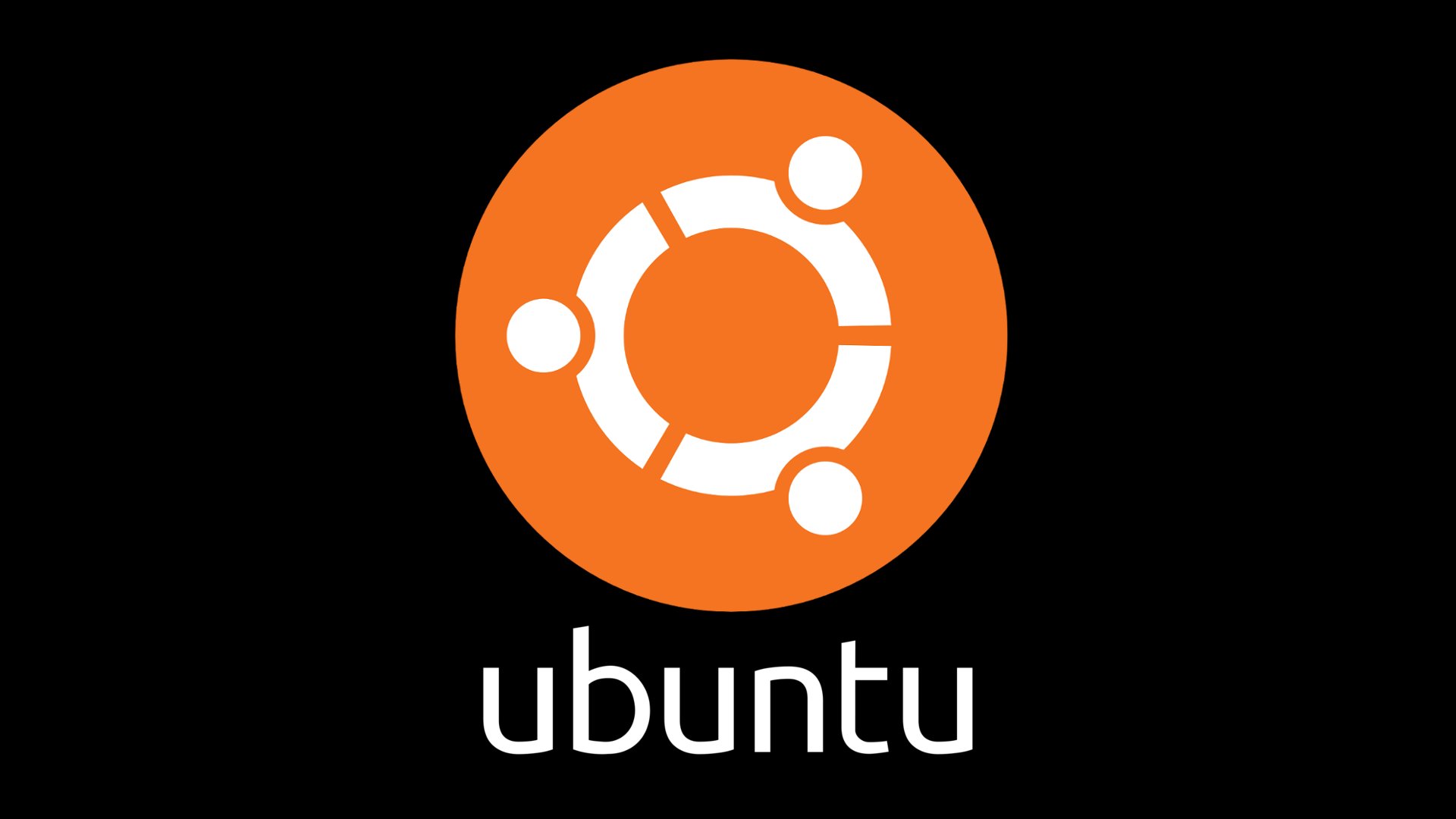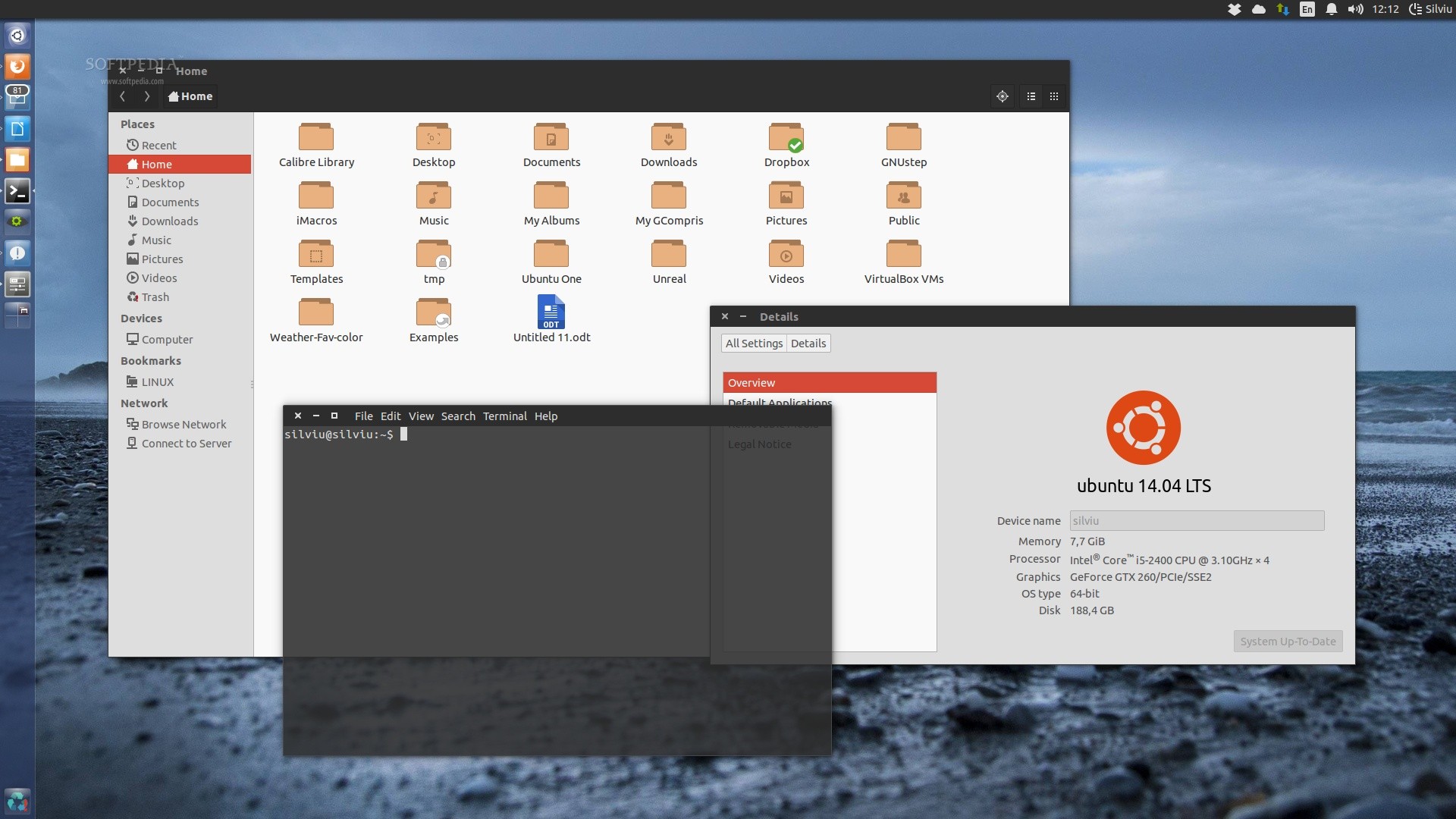

UBUNTU 14.04 FULL
This includes most machines with Intel/AMD/etc type processors and almost all computers that run Microsoft Windows, as well as newer Apple Macintosh systems based on Intel processors.Ī full list of available files, including BitTorrent files, can be found below.
UBUNTU 14.04 INSTALL
32-bit PC (i386) server install image For almost all PCs. If you have a non-64-bit processor made by AMD, or if you need full support for 32-bit code, use the i386 images instead. There are two images available, each for a different type of computer: 64-bit PC (AMD64) server install image Choose this to take full advantage of computers based on the AMD64 or EM64T architecture (e.g., Athlon64, Opteron, EM64T Xeon, Core 2). It will not install a graphical user interface. The server install image allows you to install Ubuntu permanently on a computer for use as a server.

This includes most machines with Intel/AMD/etc type processors and almost all computers that run Microsoft Windows, as well as newer Apple Macintosh systems based on Intel processors. 32-bit PC (i386) desktop image For almost all PCs. There are two images available, each for a different type of computer: 64-bit PC (AMD64) desktop image Choose this to take full advantage of computers based on the AMD64 or EM64T architecture (e.g., Athlon64, Opteron, EM64T Xeon, Core 2). You will need at least 384MiB of RAM to install from this image.

This type of image is what most people will want to use. The desktop image allows you to try Ubuntu without changing your computer at all, and at your option to install it permanently later. You can also visit our support site to find support articles, community forums, and training resources.Ubuntu is distributed on two types of images described below. Contact our support engineers by opening a ticket. Our support engineers are available to help with service issues, billing, or account related questions, and can help troubleshoot build configurations. If you would like to share feedback, please join our research community. CircleCI is always seeking ways to improve your experience with our platform.To report a problem in the documentation, or to submit feedback and comments, please open an issue on GitHub.Suggest an edit to this page (please read the contributing guide first).This guide, as well as the rest of our docs, are open source and available on GitHub. default DNS resolver is systemd-resolved.netplan can bring up devices without an IP for anonymous bridges.netplan supports IPv6 privacy extensions.OpenSSL upgraded from v1.1.0 to v1.1.1 enabling TLS v1.3.Java - OpenJDK v11 is now the default ,however, CircleCI pre-installs more versions.Snap & Snapcraft - Support for running and build snap packages.Additionally, HTTP/2 support is now enabled. Apache has been built with TLSv1.3 support.nginx-core no longer ships with the legacy geoip module enabled by default.Ubuntu now refuses to use RSA keys smaller than 1024 bits.This is a new version that should not be affected by GitHub’s deprecation. OpenSSH - OpenSSH was updated to v8.2.CircleCI still installs it, and versions can be managed via Pyenv. Python - Python v2 is no longer installed by default from Ubuntu.kernel - The Linux kernel was bumped from v4.4 to v5.11.


 0 kommentar(er)
0 kommentar(er)
